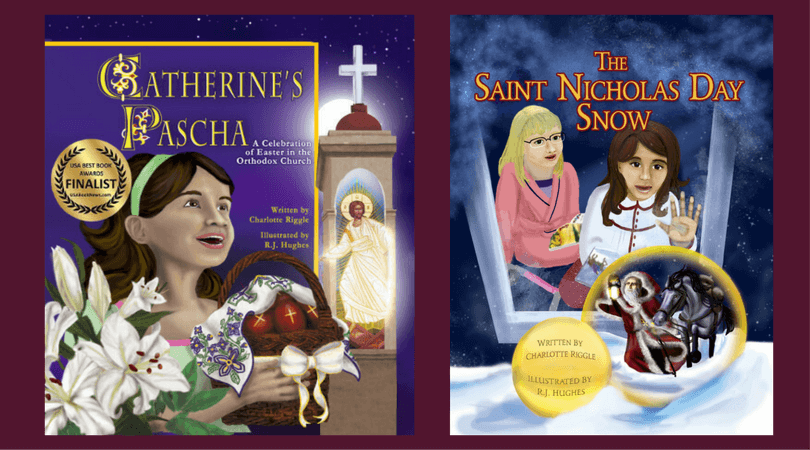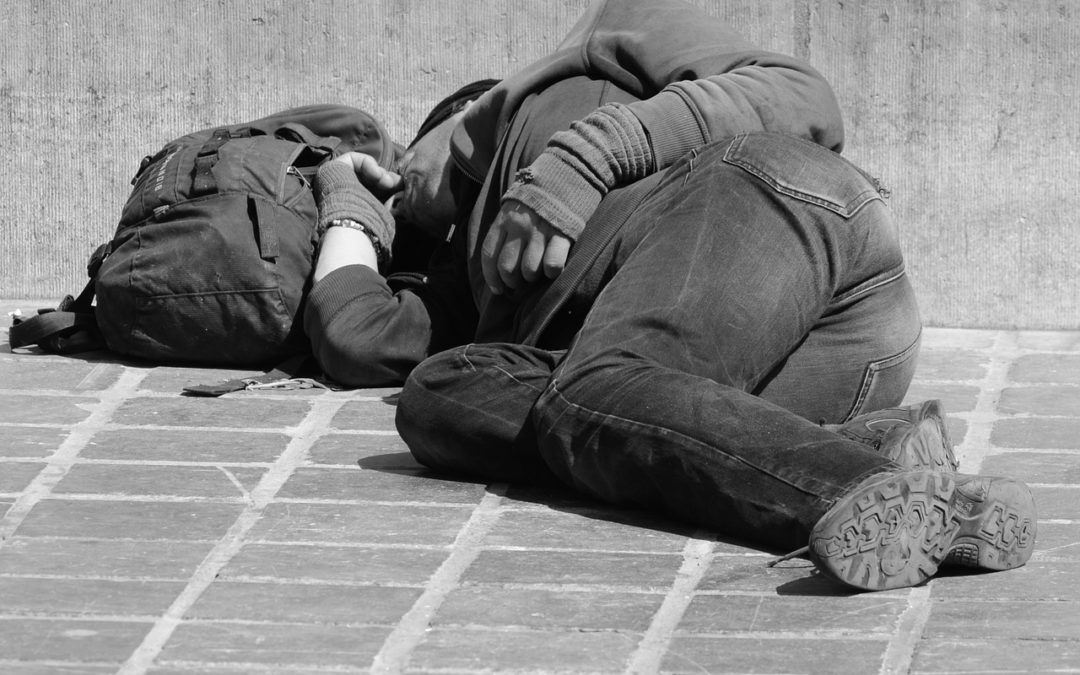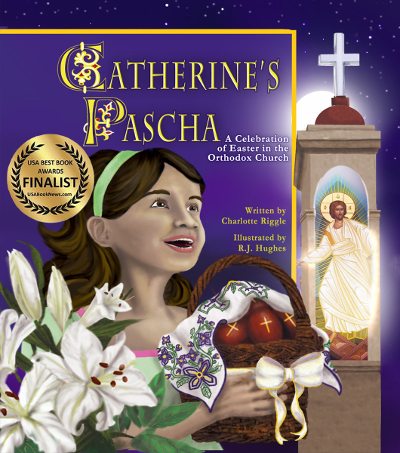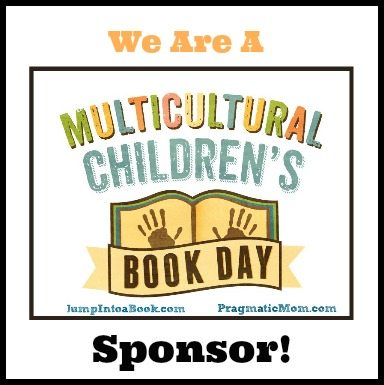When the priest began reading the Gospel at the Divine Liturgy yesterday, I felt my heart leap into my throat. It was the parable of the Great Feast. I had been talking about that parable on Saturday with a friend.
The Parable of the Great Feast
The Lord said this parable:
“A man once gave a great banquet, and invited many; and at the time of the banquet he sent his servant to say to those who had been invited, ‘Come; for all is now ready.’
But they all alike began to make excuses. The first said to him, ‘I have bought a field, and I go out and see it; I pray you, have me excused.’ And another said, ‘I have bought five yoke of oxen, and I must go to examine them; I pray you, have me excused.’ And another said, ‘I have married a wife, and therefore I cannot come.’
So the servant came and reported this to his master.
Then the householder in anger said to his servant, ‘Go out quickly to the streets and lanes of the city, and bring in the poor and maimed and blind and lame.’ And the servant said, ‘Sir, what you commanded has been done, and there is still room.’
And the master said to the servant, ‘Go out to the highways and hedges, and compel people to come in, that my house may be filled. For I tell you, none of those men who were invited shall taste my banquet. For many are called, but few are chosen.'”
Who’s Invited?
Go back and read the parable again.
The master invited many to come to his feast. But when they were too busy, he had his servant bring in more people, people who were impoverished and disabled. In our Lord’s time, as in ours, poverty and disability so often go together. And the servant went out and gathered up those people and brought them to the feast.
And when the poor and disabled were all there, there was still room for more. So the master had his servant go out and find people who were living in the highways and hedges. Homeless people. Like the ones I see from the window of the train and the bus on my way to work every day, who sleep under tarps by the railroad right of way, or in sleeping bags in doorways. People who are probably mentally ill, who might be unstable, who certainly won’t know how to act at a banquet. People who might be suspicious of the invitation.
When the master’s original invitations went out, he allowed those who received the invitation to accept it or decline as they saw fit. But this last group – the schizophrenics and the drug addicts and those with PTSD who can’t stand to be in a room with a closed door – he told his servant not to take no for an answer. To compel them to come in.
Our Role as Guests
Think about that.
And then think about the autistic child in your parish. Or the man with dementia. Think about the young adult with schizophrenia. The LGBT teen who has been abandoned by his family. The old woman with one leg and a loud voice. The person with a bad attitude and body odor.
If we’re guests in the parable of the great feast, we have to accept that those who were invited in the third round have a better claim to be there than we do. We may have been called to the Table. But the Master has compelled them to come. We have to be willing to share the Table with them. We have to treat them decently.
Our salvation may well depend on it.
Read More
The Week of the Publican and the Pharisee: I thought I needed to catch my train. I didn’t know I had something more important to do.
Disability and special needs in Church: Many of our churches have architectural barriers that prevent people with disabilities from attending. But there are also barriers of the heart.
Love and Food Allergies at Church: Food is love. So what happens when you can’t eat the food that’s offered?
Buy the Books!

These delightfully diverse books provide disability representation (Elizabeth, one of the main characters, is an ambulatory wheelchair user). They also give Orthodox Christian children the rare opportunity to see themselves in books, and children who are not Orthodox the chance to see cultural practices they may not be familiar with.
Catherine’s Pascha
FINALIST IN THE 2015 USA BEST BOOK AWARDS
Catherine doesn’t like vegetables. She doesn’t like naps. She doesn’t like it when her mom combs her hair. She loves hot dogs, chocolate cake, and her best friend, Elizabeth. Most of all, she loves Pascha! Pascha, the Orthodox Christian Easter, is celebrated in the middle of the night, with processions and candles and bells and singing. And Catherine insists that she’s not a bit sleepy.
Celebrate the joy of Pascha through the magic of a book: Catherine’s Pascha. Available on Amazon, Bookshop.org, and my webstore.
The Saint Nicholas Day Snow
Shoes or stockings? Horse or sleigh? Does St. Nicholas visit on December 6 or on Christmas Eve? Will a little girl’s prayer be answered? When Elizabeth has to stay at Catherine’s house, she’s worried about her grandmother, and worried that St. Nicholas won’t find her. The grownups, though, are worried about snow.
Celebrate the wonder of St. Nicholas Day through the magic of a book: The Saint Nicholas Day Snow. Available on Amazon, Bookshop.org, or my webstore.



